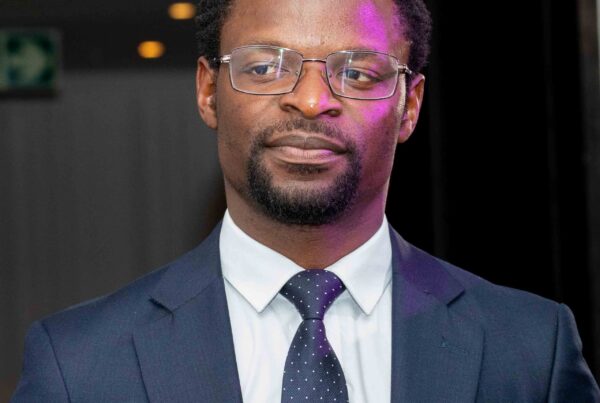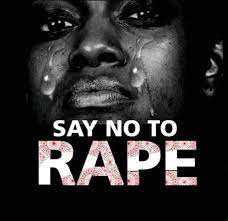The Honorable Chairperson of the Commission, Honorable Commissioners, Ladies and Gentlemen,
Since the announcement of the candidacy of President Pierre Nkurunziza to seek a third term in office on 26 April, 2015, Burundi has been going through a crisis that could plunge the nation into another civil war. The uprisings that followed this announcement were repressed with disproportionate force by the police, the army and the militia locally called Imbonerakure, officially recognized as the Youth League of the ruling party, CNDD-FDD. After the failed coup of 13 May 2015, the government has likened the protesters to terrorists and is engaging very devastating offensives against all those supposedly or actually opposed to the third term. The violence has already led to several violations of human rights with about 700 extrajudicial executions, torture perpetrated by agents of the National Intelligence Service (SNR), detention in secret locations, forced disappearances, arbitrary detentions, rape, media closures, and the flee of about 250,000 Burundians out of the country, just to name a few.
IHRDA commends the Commission for the facts-finding mission conducted from 7 to 13 December, 2015. However, we realize that, so far, this mission has not resulted in any positive change in Burundi – far from it. The arrest of persons opposed to the third term, often accompanied by detention in secret locations and arbitrary execution, is still being observed. Independent media continue to suffer closures. Very preoccupying developments, such as ethnic killings in the army, have increased.
IHRDA fears that, if nothing urgent is done, the crisis can degenerate into an ethnic conflict with uncountable negative consequences. This concern is based on several factors. First, there is an Imbonerakure corps composed exclusively of Hutus, working alongside the police and carrying out night patrols. Second, ethnicity-related hate speech is regularly broadcast on the Burundi National Radio and Television by the CNDD-FDD. Third, the military is divided on ethnic lines, and there is more and more killing and kidnapping on ethnic bases. Fourth, though the Hutus and Tutsis have openly declared stance against the third term, even within the President’s own party, the CNDD-FDD, there are chances that the incumbent government and the ruling party would begin to point fingers at, say the Tutsis, as the ones who are opposed to the regime of President Nkurunziza. Finally, there are allegations that the Democratic Liberation Forces of Rwanda are present in Burundi, forces composed of former Interahamwe, notorious for their role in the genocide against the Tutsis in Rwanda in 1994.
On the basis of the foregoing, IHRDA calls on the Commission and the Government of Burundi to take urgent measures to put an end to the crisis.
To the Commission, IHRDA requests the following:
- Publish the report of the fact-finding mission in Burundi, so all interested persons can have access to it.
- Urge the Peace and Security Council of the AU to deploy peace-keeping forces to Burundi, as soon as possible.
- Encourage the Burundian government to enter into negotiations with the opposition to find a rapid solution to the crisis.
As for the State of Burundi, IHRDA requests them to:
- Conduct an independent and effective investigation into the cases of forced disappearances, torture, executions and other violations, and punish those found guilty.
- Ensure that people arrested by the police are protected against torture and enjoy their right to a fair trial.
- Stop immediately the kidnappings perpetrated by the SNR and the detention of persons in secret locations.
- Re-open all media closed; let journalists exercise their profession freely, and ensure equal access to public media.
- Enter into negotiations with the opposition to find a rapid solution to the crisis.
- Ban ethnicity-related hate speeches and punish such remarks.
- Disarm the Imbonerakure
Thank you
Done in Banjul on 6 April, 2016




